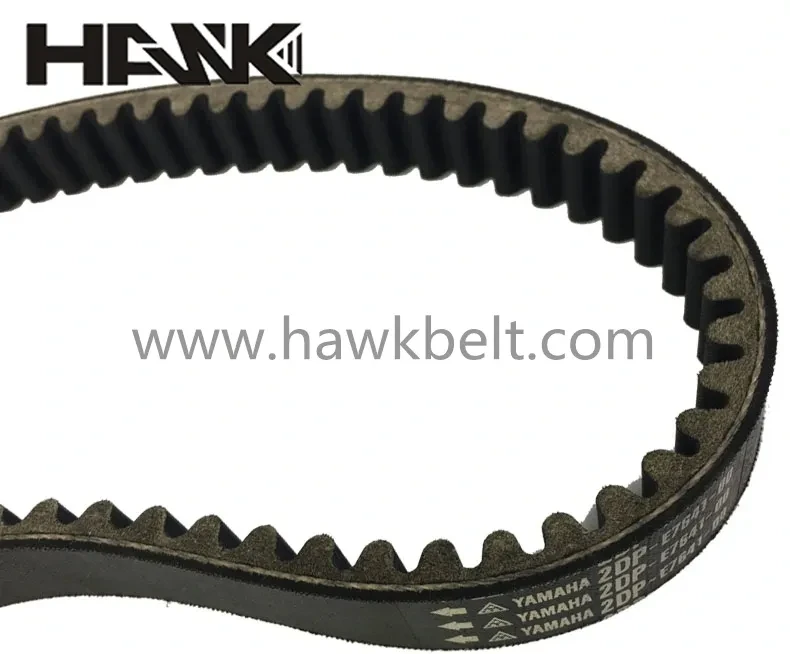- Arabic
- French
- Russian
- Spanish
- Portuguese
- Turkish
- Armenian
- English
- Albanian
- Amharic
- Azerbaijani
- Basque
- Belarusian
- Bengali
- Bosnian
- Bulgarian
- Catalan
- Cebuano
- Corsican
- Croatian
- Czech
- Danish
- Dutch
- Afrikaans
- Esperanto
- Estonian
- Finnish
- Frisian
- Galician
- Georgian
- German
- Greek
- Gujarati
- Haitian Creole
- hausa
- hawaiian
- Hebrew
- Hindi
- Miao
- Hungarian
- Icelandic
- igbo
- Indonesian
- irish
- Italian
- Japanese
- Javanese
- Kannada
- kazakh
- Khmer
- Rwandese
- Korean
- Kurdish
- Kyrgyz
- Lao
- Latin
- Latvian
- Lithuanian
- Luxembourgish
- Macedonian
- Malgashi
- Malay
- Malayalam
- Maltese
- Maori
- Marathi
- Mongolian
- Myanmar
- Nepali
- Norwegian
- Norwegian
- Occitan
- Pashto
- Persian
- Polish
- Punjabi
- Romanian
- Samoan
- Scottish Gaelic
- Serbian
- Sesotho
- Shona
- Sindhi
- Sinhala
- Slovak
- Slovenian
- Somali
- Sundanese
- Swahili
- Swedish
- Tagalog
- Tajik
- Tamil
- Tatar
- Telugu
- Thai
- Turkmen
- Ukrainian
- Urdu
- Uighur
- Uzbek
- Vietnamese
- Welsh
- Bantu
- Yiddish
- Yoruba
- Zulu
Nov . 11, 2024 17:00 Back to list
belt conveyor machine
The Importance of Belt Conveyor Machines in Modern Industry
Belt conveyor machines play a pivotal role in various industries by providing a reliable and efficient means of transporting materials. From manufacturing plants to distribution centers, belt conveyors have become an indispensable part of the operational workflow. The design and functionality of these machines have evolved significantly, making them one of the most versatile pieces of equipment in material handling systems.
Basic Components and Operation
At its core, a belt conveyor machine consists of a belt, pulleys, and a material handling system. The belt, typically made of rubber or a similar material, is looped around two or more pulleys. One of the pulleys is driven by a motor, which moves the belt and, in turn, transports materials along its length. The simplicity of this design is one of the reasons for its widespread use; it can efficiently move goods over various distances while requiring minimal human intervention.
Types of Belt Conveyors
There are several types of belt conveyor machines, each designed to meet specific industrial needs. Flat belt conveyors are the most common, used for transporting light to medium-weight products. Modular belt conveyors offer versatility in handling diverse shapes and sizes, making them ideal for complex production lines. Inclined belt conveyors are specifically designed to move materials between different heights, useful in sorting and packaging operations. Additionally, there are specialized conveyors for specific industries, like food processing or mining, which cater to unique requirements.
Advantages of Belt Conveyor Machines
The advantages of utilizing belt conveyor machines in an industrial setting are numerous. Firstly, they significantly increase operational efficiency. By automating the process of material transport, businesses can reduce the time and labor involved in manual handling. This not only speeds up production rates but also minimizes the risk of workplace injuries associated with heavy lifting and repetitive motion.
belt conveyor machine

Secondly, belt conveyor systems can be customized to fit the specific needs of a facility. They can be designed in various lengths, widths, and configurations to accommodate different materials and workflows. This flexibility ensures that businesses can optimize their processes and adapt to changing demands.
Furthermore, belt conveyors are generally low maintenance. With proper care, these machines can operate for years without major issues. The use of durable materials for the belt and components reduces wear and tear, ensuring longevity and reliability. Regular inspections and basic cleaning can keep the system running smoothly, making them a cost-effective solution over time.
Applications in Different Industries
Belt conveyor machines are employed in a variety of industries. In manufacturing, they are vital for assembly lines, where components need to be transported seamlessly from one station to another. In packaging, they assist in transporting products to packing stations, ensuring a steady flow of materials.
The food industry relies heavily on belt conveyors for processes such as sorting, processing, and packaging food items. These conveyors can meet sanitary standards and are designed to minimize contamination during transport.
In the mining sector, belt conveyors are essential for moving extracted materials like coal, ores, and aggregates from the extraction site to processing facilities. Their ability to transport large quantities of heavy materials over long distances makes them ideal for this environment.
Conclusion
In conclusion, belt conveyor machines are a fundamental element of modern industrial operations. They offer a range of benefits, including increased efficiency, adaptability, and durability. As industries continue to evolve and new technologies emerge, the importance of belt conveyor systems will only grow. Businesses that invest in these machines will find themselves better equipped to meet challenges and seize opportunities in their respective markets. Whether in manufacturing, food processing, or mining, belt conveyor machines will remain a vital asset in the journey towards operational excellence.
-
Korean Auto Parts Timing Belt 24312-37500 For Hyundai/Kia
NewsMar.07,2025
-
7PK2300 90916-T2024 RIBBED BELT POLY V BELT PK BELT
NewsMar.07,2025
-
Chinese Auto Belt Factory 310-2M-22 For BMW/Mercedes-Benz
NewsMar.07,2025
-
Chinese Auto Belt Factory 310-2M-22 For BMW/Mercedes-Benz
NewsMar.07,2025
-
90916-02660 PK Belt 6PK1680 For Toyota
NewsMar.07,2025
-
drive belt serpentine belt
NewsMar.07,2025

